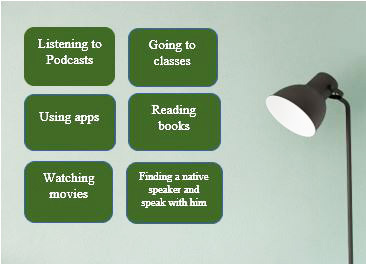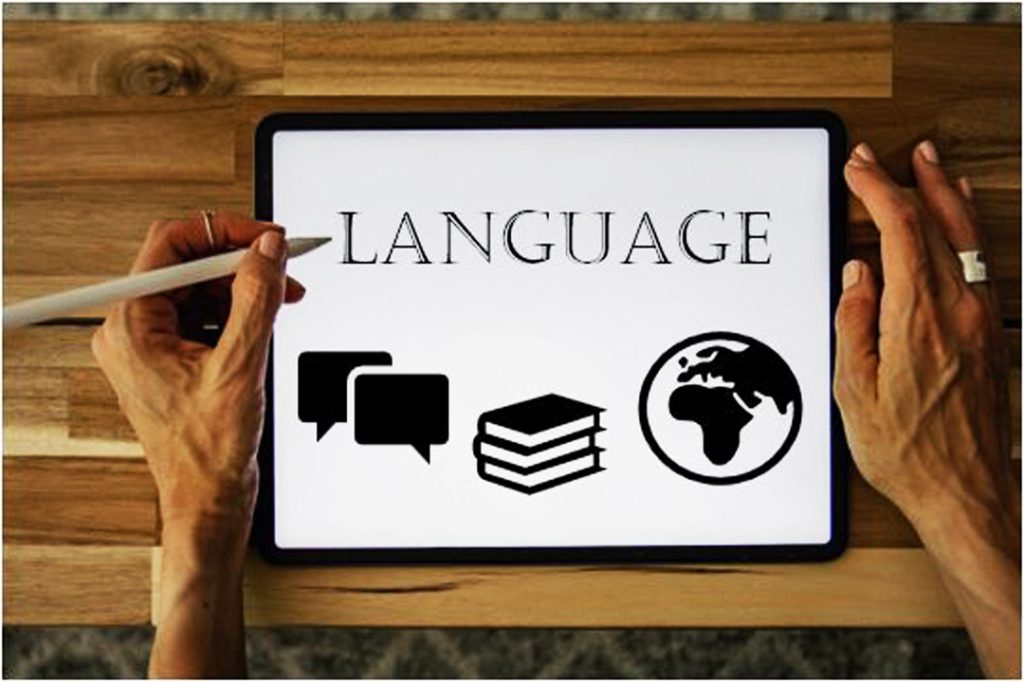Learning a second language is an enriching and transformative experience that opens doors to new cultures, opportunities, and perspectives. However, one common question that arises is, “How long does it take to learn a second language?” While it is natural to seek a definitive answer, the reality is that the time required to learn a second language varies greatly and depends on numerous factors. In this essay, we will explore the multifaceted nature of language learning and delve into the factors that influence the duration of the learning process:
- Motivation and Learning Environment
The first crucial factor in determining the time required to learn a second language is an individual’s motivation and the learning environment. Motivation plays a significant role in language acquisition, as highly motivated individuals tend to dedicate more time and effort to learning. Additionally, an immersive learning environment, such as living in a country where the target language is spoken, can expedite the learning process compared to studying in a non-immersive environment. - Prior Linguistic Background
An individual’s prior linguistic background also influences the time required to learn a second language. If the target language shares similarities with the learner’s native language, such as a shared alphabet or similar grammatical structures, it can facilitate the learning process and potentially shorten the time needed to achieve proficiency. Conversely, if the target language is linguistically distinct from the learner’s native language, it may require more time and effort to master. - Language Proficiency
The time required to learn a second language is also dependent on the learner’s proficiency goals. Basic conversational proficiency can be achieved in a relatively short period, typically ranging from a few months to a year, depending on the learner’s dedication and learning resources. However, attaining higher levels of fluency and literacy, such as advanced academic or professional proficiency, may take several years of consistent study and practice.




- Language Learning Strategies and Techniques
The effectiveness of language learning strategies and techniques employed by the learner can significantly impact the learning timeline. Utilizing a combination of methods, such as immersion, language exchange programs, formal classes, self-study, and cultural immersion, can accelerate the learning process and provide a well-rounded language foundation.

- Language Complexity and Similarity to Native Language
The complexity and linguistic distance between the learner’s native language and the target language also play a role in the learning timeline. Languages that are grammatically similar or share vocabulary with the learner’s native language may be easier to acquire, while languages with significant differences may require more time and effort to grasp. - Frequency and Consistency of Practice
Consistency and frequency of practice are key determinants of language learning success. Regular practice, whether through conversations, reading, writing, or listening exercises, help to reinforce language skills and accelerates progress. The more consistently and frequently a learner engages with the target language, the faster their proficiency is likely to develop.

In conclusion, the time required to learn a second language is a highly individualized and variable journey. Factors such as motivation, learning environment, prior linguistic background, proficiency goals, learning strategies, language complexity, and practice consistency all contribute to the duration of the learning process. While some learners may achieve basic proficiency in a matter of months, others may require several years to reach advanced levels of fluency. It is important to approach language learning with patience, perseverance, and an understanding that the journey itself is as valuable as the destination. So, embark on your language learning adventure, embrace the challenges, and enjoy the transformative power of acquiring a second language!
In the end, the choice of academy plays a crucial role in learning a second language and determining how long it takes to become proficient. If you’re interested in learning Arabic as your second language, we’re delighted to assist you in achieving your language learning goals through our online classes. Our qualified and experienced instructors at DarulQuran academy will guide you through the process, ensuring that you experience the convenience and flexibility of our online classes. With us, you can learn at your own pace and according to your schedule.
Take advantage of our special offer and enroll in our online language learning classes today. Start your language journey with us!
For more information, you can visit the website of DarulQuran academy:
https://lms.darulquran.co.uk/en/course/index.php?categoryid=50

















